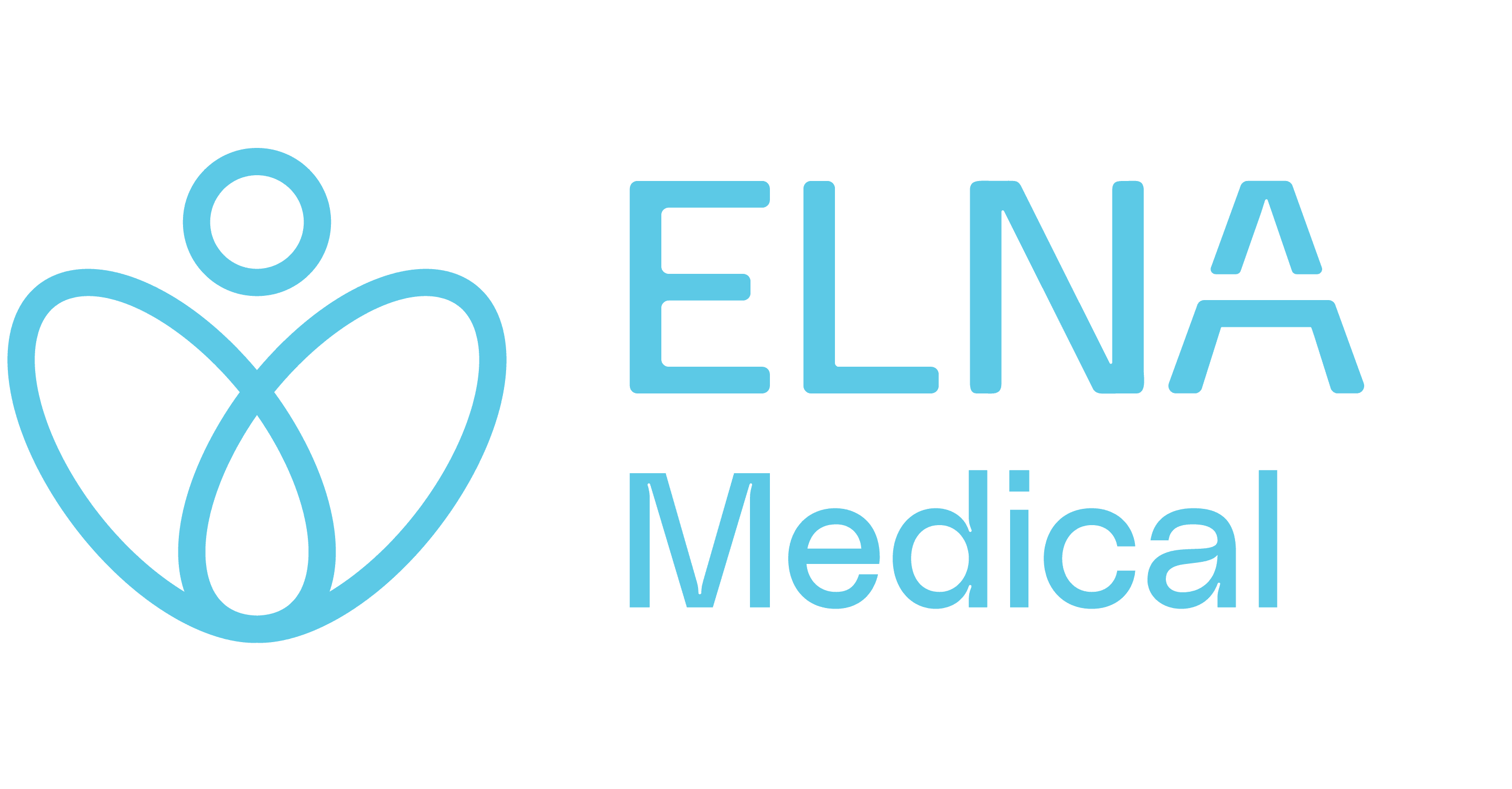With the arrival of warmer weather, the importance of protecting your skin from the sun’s rays has become paramount. Sunscreens are not just for beach days, but should be part of our daily routine, summer and winter alike.
In this article, we explain how to choose the best sun cream for you and your children, and how to apply it effectively for optimum protection.
- Why is it important to protect yourself from UV rays?
- Which sunscreen should you choose?
- When and how should you apply sunscreen?
- When should you consult a doctor?
For further information on sunscreens, sunburn and the health risks of UV rays, please contact a health professional.
Why use sunscreen?
The risks of UVA and UVB rays for your skin and your health
The sun’s ultraviolet (UV) rays are invisible to the naked eye, but they can cause serious damage to our skin. They fall into two main categories: UVA and UVB. Both are responsible for a variety of skin problems, from sunburn to skin cancers such as melanoma1.
UVA rays penetrate deep into the skin and are mainly responsible for premature ageing and the appearance of brown spots. They can also damage collagen and elastin fibres, leading to sagging and wrinkled skin.
On the other hand, UVB mainly affects the outer layer of the skin and is the main culprit in sunburn. Excessive exposure to UVB can also damage the DNA of skin cells, increasing the risk of developing skin cancer (certain melanomas and carcinomas).
Understanding the difference between UVA and UVB is essential for choosing an effective sun cream or lotion. Sunscreens must offer protection against both types of rays to be truly effective.
People at greatest risk
Some people are more at risk of suffering the harmful effects of UV radiation because of various factors linked to their sensitive skin, their lifestyle and their state of health:
- Children and teenagers: Young children and teenagers have skin that is more sensitive to UV damage. What’s more, sunburn during childhood increases the risk of skin cancer later in life. Please note that babies under 6 months of age should never be exposed to direct sunlight and never wear sunscreen creams.
- Pregnant women: Hormonal changes can cause hyperpigmentation (brown spots) to form on the face, also known as the ‘pregnancy mask’.
- People with light skin: As their skin contains less melanin, they are more susceptible to sunburn and UV damage.
- Family history of skin cancer: Those with a family history of skin cancer have a genetic predisposition that can increase sensitivity to damage caused by UV rays.
- Numerous moles: People with numerous moles (nevi), or atypical moles (dysplasia), have an increased risk of developing melanoma (skin cancer).
- Workers and outdoor enthusiasts: People who spend a lot of time outdoors are exposed to high levels of UV radiation and the risk of sunburn.
Of course, anyone can suffer damage from the sun’s rays and it’s important to always protect your skin, even if you’re not on this list!

Which sunscreen to choose?
High Sun Protection Factor
The Sun Protection Factor (SPF) is an indicator of the effectiveness of a sunscreen against sunburn caused by UVB (not UVA). All sunscreens, creams, lotions, sprays, etc. must display an SPF level.
A high SPF means a better level of protection but does not indicate how long it will last. Here are some examples of UVB protection levels:
- SPF 15 = 93 %
- SPF 30 = 97 %
- SPF 50 = 98%
For everyday protection, the Canadian Dermatology Association2 recommends a sunscreen with an SPF of at least 30. However, it is preferable to choose SPF 50 or higher for prolonged outdoor activities, for extra protection.
Broad-spectrum sunscreen
As mentioned above, SPF only indicates the degree of protection against UVB. To be protected against UVA as well, you need to choose a broad-spectrum sunscreen. When choosing your sunscreen, look for those that clearly state ‘broad spectrum’ on the label. This ensures that you get full protection against the harmful effects of both types of UV rays.
Other criteria to watch out for
- Expiry date: Sunscreens lose their effectiveness over time. Keep an eye on the expiry date.
- Water resistance: Not all sunscreens are resistant to water and excessive perspiration. If you’re planning a sporting or aquatic activity, make sure you use a suitable product.
- Simple formulas: The Canadian Dermatology Association recommends choosing products that are fragrance-free, gentle on the skin to avoid skin irritation, and do not clog pores. Find out more about recommended products.
When and how to apply your sun care product?
Applying your sun cream or lotion correctly is just as important as choosing the right product. Here are a few tips3 to make sure you’re well protected:
- Apply enough sunscreen: Not enough sun cream can significantly reduce its effectiveness. Use approximately one teaspoon of lotion for the face and seven teaspoons for the body (for an adult).
- Apply before exposure to the sun: Apply your sunscreen 15 to 30 minutes before going out to allow the cream to penetrate the skin.
- Reapply regularly: Reapply every two hours, and more often if you’re swimming, sweating or towel-drying.
- Don’t neglect any area: Don’t forget areas such as the ears, neck, tops of feet and hands. Use a lip balm with SPF to protect your lips.
- Apply at all weather: UVB rays can penetrate clouds and windows! Even if they are less intense, remember to apply sunscreen even when you’re in the car or at home.
Other tips for your health
Protecting your skin with a sun protection product is a good thing, but there are other recommendations you should follow to protect your health:
- Stay in the shade: Avoid exposure to the sun when UV rays are at their strongest, between 11 a.m. and 3 p.m., even with sun protection.
- Cover up: Protect your body with long, loose-fitting, lightweight clothing, a wide-brimmed hat and sunglasses. Protect children and teenagers even more!
- Avoid sunbeds: They are strongly advised against as they increase the risk of skin cancer by exposing the skin to high levels of artificial UV rays. If you use one, remember to apply a factor 50 sunscreen.

When should you see a doctor?
Now you know how to choose a sunscreen and how to apply it for your health and safety. However, it may be useful to seek further advice from a doctor, nurse or dermatologist to find a product that is suitable for your skin type, medical condition or lifestyle. What’s more, in the event of a sunburn, even a mild one, don’t hesitate to contact a health professional to find out how to treat it effectively.
Discover our network of healthcare professionals in the Montreal region:
Sources | 1: WHO – Ultraviolet radiation | 2: Canadian Dermatology Association – Sunscreen FAQ | 3: Canada Health – Sunscreens















